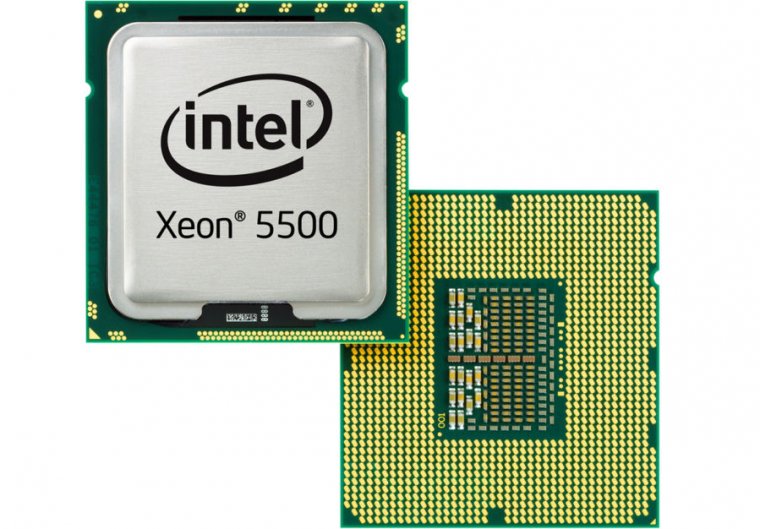Weakness in Intel chips lets researchers steal encrypted SSH keystrokes

In late 2011, Intel introduced a performance enhancement to its line of server processors that allowed network cards and other peripherals to connect directly to a CPU's last-level cache, rather than following the standard (and significantly longer) path through the server's main memory. By avoiding system memory, Intel's DDIO-short for Data-Direct I/O-increased input/output bandwidth and reduced latency and power consumption.
Now, researchers are warning that, in certain scenarios, attackers can abuse DDIO to obtain keystrokes and possibly other types of sensitive data that flow through the memory of vulnerable servers. The most serious form of attack can take place in data centers and cloud environments that have both DDIO and remote direct memory access enabled to allow servers to exchange data. A server leased by a malicious hacker could abuse the vulnerability to attack other customers. To prove their point, the researchers devised an attack that allows a server to steal keystrokes typed into the protected SSH (or secure shell session) established between another server and an application server.
Merely scratching the surfaceThe researchers have named their attack NetCAT, short for Network Cache ATtack. Their research is prompting an advisory for Intel that effectively recommends turning off either DDIO or RDMA in untrusted networks. The researchers say future attacks may be able to steal other types of data, possibly even when RDMA isn't enabled. They are also advising hardware makers do a better job of securing microarchitectural enhancements before putting them into billions of real-world servers.
Read 11 remaining paragraphs | Comments